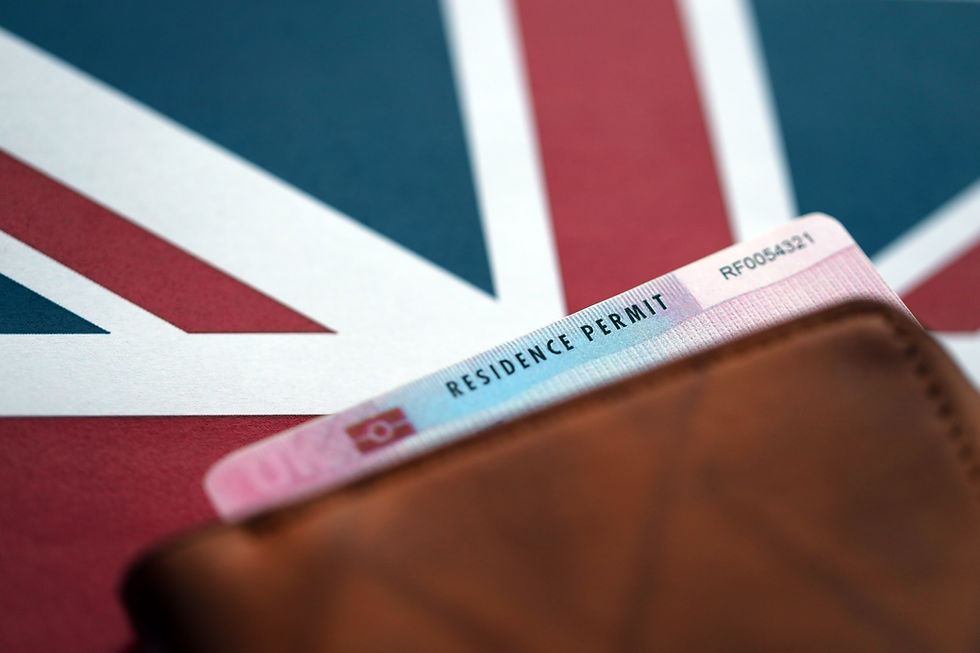THE RECOGNITION OF CRYPTOCURRENCY AS A PROPERTY?
- harriet-palmer
- Mar 12, 2020
- 2 min read
Since early 2019, the recognition of cryptocurrency as “property” has evolved. Cryptocurrencies had already been acknowledged as property for its narrow purpose by the UK Finnacial Conduct Authority (FCA). The 2016 report on virtual currencies commissioned by The Financial Markets Law Committee’s (FMLC’s) influenced the development of the recognition of cryptocurrencies with its discussion of a new type of property class to be defined in property law. However, the question as to whether a cryptocurrency is property was decided by a minor event that caused a profound effect.
B2C2 Ltd v Quoine Pte Ltd was a case that took place in Singapore in March 2019 involving a trader suing the exchange. Although the judge assigned to the case acknowledged that the purpose of the case was not to define a whole new property class, he recognised the debate around the topic and confirmed that, for the purposes of the case in front of him, the crypto-assets (largely Bitcoin and Ethereum) were to be considered property and that they were capable of being held on trust. Under which definition and or category of property would crypto assets fall ? Choses in possession are tangible objects an individual may physically hold and can be transferred by delivery. A legislator could potentially extend this definition to also cover virtual possession. Choses in action, on the other hand, cover all personal rights linked to intangible items. The possession of choses in action cannot be claimed or enforced by taking possession and the only mean to do so is by taking legal action. It is therefore difficult to insert crypto assets in any of the two definitions considering that there are no specific counterparty in digital assets and only a number of individuals who manage the specific block chain.
A record in the block chain ledger is the “asset”. Such record will contain information such as who owns how much of something and has the right to transfer the assets. Taking this into account, the individual with control or access to the private key (the device that allows to update the ledger) should be considered as the owner of the right to update the ledger. Further cases such as the case in England and Wales, Robert v Persons Unknown (August 2019) have reiterated the need to define a crypto-asset within the existing legal property framework. Such definition was necessary to determine if one can apply the usual remedies available in property disputes. This case finally led to the High Court of England and Wales to state that cryptocurrencies, are to be considered property under English and Welsh law. This statement also distinguished between a crypto-asset (the record on the database) and the private key (the device to update the database). #cryptocurrency #blockchain #property



Comments